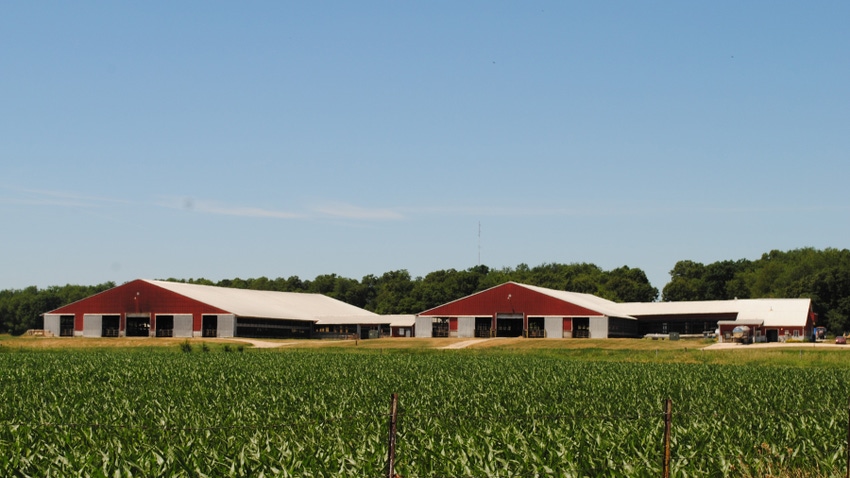March 19, 2024

A divorce is one of the most emotionally difficult times in a person’s life. A farmer who owns a farm or who is involved in a multiple-owner farm has the additional worry of not knowing what will happen to the farm during the divorce.
One of the issues in a divorce is the division of the couple’s assets. Under Wisconsin’s divorce statute, the presumption is that all property is divided equally between spouses. However, certain property is considered separate property, such as: any real or personal property acquired before the marriage, certain kinds of passive income, any property acquired after a legal separation, any property excluded by a pre- or postnuptial agreement, and any gifts that are clearly proven to be given to only one spouse.
When dividing the property of spouses, the court must consider the following factors when ruling on a division of property:
duration of the marriage
property brought to the marriage by each party
whether a party has substantial assets not subject to division by the court
contribution of each party to the marriage, giving appropriate economic value to contributions in homemaking and child care services
age, and physical and emotional health of the parties
contribution by one party to the education, training or increased earning power of the other
earning capacity of each party
desirability of awarding the family home or the right to live therein for a reasonable period to the party having physical placement for the greater period of time
amount and duration of an order granting maintenance payments to either party, any order for periodic family support payments and whether the property division is in lieu of such payments
other economic circumstances of each party, including pension benefits, vested or unvested, and future interests
tax consequences to each party
any written agreement made by the parties before or during the marriage concerning any arrangement for property distribution
such other factors as the court may in each individual case determine to be relevant
Fair market value
In a farm divorce, one of the most difficult issues is determining what the farm or farm business interests are worth. A divorce court will use a fair market value approach. In a nutshell, fair market value means what an asset would sell for in an open and competitive market where the buyer and seller have adequate information of relevant facts, a reasonable time to complete a deal, are under no compulsion, are acting in their own interests and mutually agree on the price.
The discounts to be applied to either farm assets or farm business interests are often disputed. For example, if a farm has a net worth of $1 million but the owning spouse only owns 20% of the farm business, a “lack of control” or “minority interest” discount should be applicable. An additional discount that is often considered is the “lack of marketability” discount if there is no readily available market for the sale of the farm business interests.
Finally, another often-contested issue during a farm divorce is the amount of income available for support. The nonfarming spouse might argue there is a great deal of income available. However, the farming spouse should provide evidence that any income is not available to him or her, and any “retained earnings” are necessary for the farm’s continuation.
A farm divorce can be very complicated. Anyone going through a farm divorce should choose an experienced divorce attorney who is well versed in a farm’s financial complexities to represent him or her.
About the Author(s)
You May Also Like






